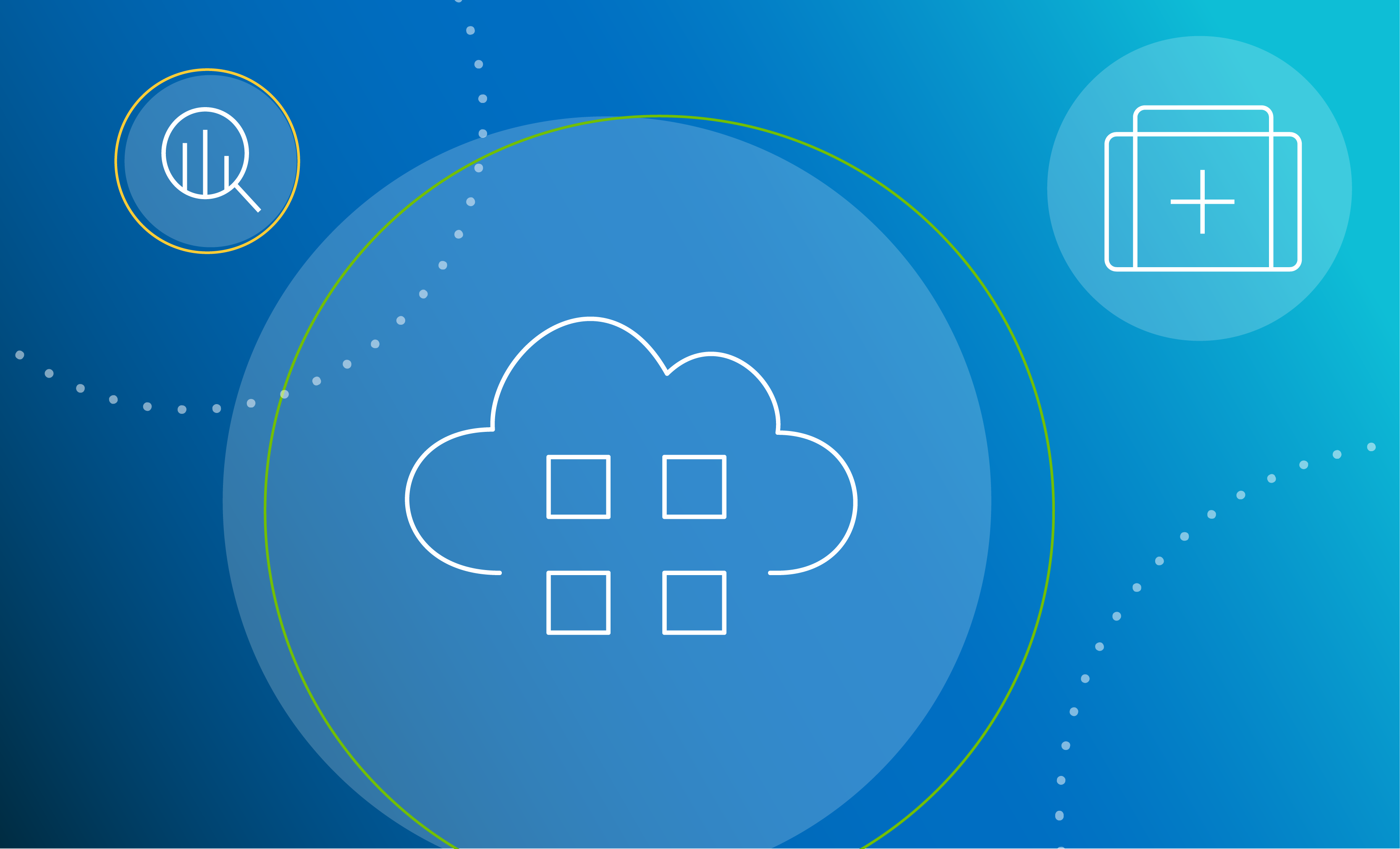For years, leaders in the tech industry have sought to diversify their companies. Diversity is the foundation of agile, dynamic and creative teams. But despite efforts, the tech industry is still lacking holistic diversity in the workplace. A recent study shows that in technology, ethnic communities—the Black and Latinx communities included—make up less than 5% of the workforce in technology. And women make up only 28.8% of the tech workforce.
At Collibra we recognize the challenges in our industry and strive to do our best to recruit from a range of backgrounds to diversify our workforce. We recognize that when people with different backgrounds and viewpoints come together, they solve problems, learn and innovate. We want to create this inclusive culture.
In 2020 we hired a Diversity, Equity, and Inclusion (DEI) global leader, Melissa Mavlanova-August who has been working intentionally with employees, leadership and colleagues to work towards our strategic goals ‘to build a world-class SaaS company’ and ‘develop an enviable team and an inspirational culture.’ We sat down with Melissa to hear more about her plans for 2022 and beyond.
***
Interviewer: Hi Melissa! I am very excited to talk to you today about our DEI efforts and hear more about where Collibra is heading in 2022. But let’s first start with your accomplishments in 2021. Where did you find your most success in 2021?
2021 was another unprecedented year for us all. Personally, I experienced many changes to my own life and routine with the pandemic. At Collibra we also experienced lots of change: scaling our business, growing our headcount, announcing a new round of funding bringing us to a valuation of $5.25 billion, and continuing to adjust to a hybrid or remote-oriented lifestyle globally.
On the DEI front, we accomplished more than I could have ever imagined because Collibrians care so much about this work. Collibrians care about the world and want to create impact: a DEI focus is authentically integrated into all that we do. When I joined Collibra in 2020, I knew we needed to use data to build the foundation for our DEI efforts. Luckily, Collibra is a data intelligence company. Across 2020 and 2021, we led a Collibra for Collibra program where we built DEI tools using Collibra.
A business glossary with all our DEI terms and definitions
One of our biggest achievements of 2021 was developing inclusion competency across the company. We partnered together with our inclusion communities to create a DEI business glossary hosted in Collibra. This business glossary included terms spanning across the holistic DEI demographic lenses. It includes terms on various topics such as belonging, inclusion, allyship, LGBTQIA+, gender, ethnicity, identity, everyday bias, and psychological safety (just to name a few!).
DEI dashboards in Tableau, hosted by Collibra
Across 2020 to 2021, we also used Collibra to house our diversity data and create easy to understand dashboards to track progress. Step one was determining what data points were useful in helping us measure the holistic success of our program. Once we had the data, we created dashboards in Tableau and hosted them in Collibra so that leaders and team members could easily find, access and understand the data. We also did some enablement training to make sure people knew how to use the data across the company, and used the dashboards to guide conversations and measure progress.
Wow I love to hear about how we are using our own product to make data driven DEI decisions. Can you give me an example of how you used data to create change within the company?
Yes of course! Our dashboards really helped us see our diversity gaps and set realistic aspirational goals to work towards improvement. When I first joined, we took some time to explore what representation could look like for us. As we were pulling together the 2020 DEI report, we noticed that the company needed to explore the ways to recruit women more intentionally. We had a series of deliberate conversations and partnered with our leadership to help develop some aspirational goals focused on gender representation. We first focused on our tech workforce, the engineering organization specifically, which is a historically male-dominated profession.
We looked at what the market was doing, we looked at market growth, and we looked at our growth, and the roles we were hiring for in engineering. With all this information, we came up with an aspirational goal to increase the representation of women in engineering. We’ve seen a significant increase since we committed to this as a company and this number is growing everyday. It demonstrates that when we are intentional, we achieve success. On seeing this, we have been expanding on these foundations to understand what goals for some of our other organizations could look like – product, sales and customer success – and the company as a whole.
It sounds like you really accomplished a lot this past year. How are you going to build off of this momentum in the coming year and what are your plans for 2022?
I have taken on a new role as Head of Equity and Impact. This role expands on my responsibilities to include our environmental social governance (ESG) strategy, which now encompasses DEI and social impact. A major goal for 2022 is to implement our hybrid ESG roadmap, increasing our sustainability focus. We plan to expand our climate focus and impact footprint, working closely with leadership to make sustainably conscious and equitable decisions.
Another big focus for us in 2022 is expanding our data collection through new dashboard creation. This is so that we can better understand our environmental impact, as well as our identities and intersectionality. For example, we want to explore our various identities in a way that is governed, compliant, and celebratory of the populations we serve. We plan to do the same with an environmental focus.
We want to use these dashboards to have intentional conversations with our leaders so that we can continue to set more aspirational goals across the business. Dashboards build credibility and help us keep on enabling our leaders to be advocates for equity and impact. We had a lot of success in 2021, and we plan to continue to adapt to the ever changing environment of both the workplace and the world in 2022.
***
We would like to thank Melissa for her time and for sharing such great insights into our equity and impact program here at Collibra. It is great to see all the progress we have made and where Collibra is going in the future.




